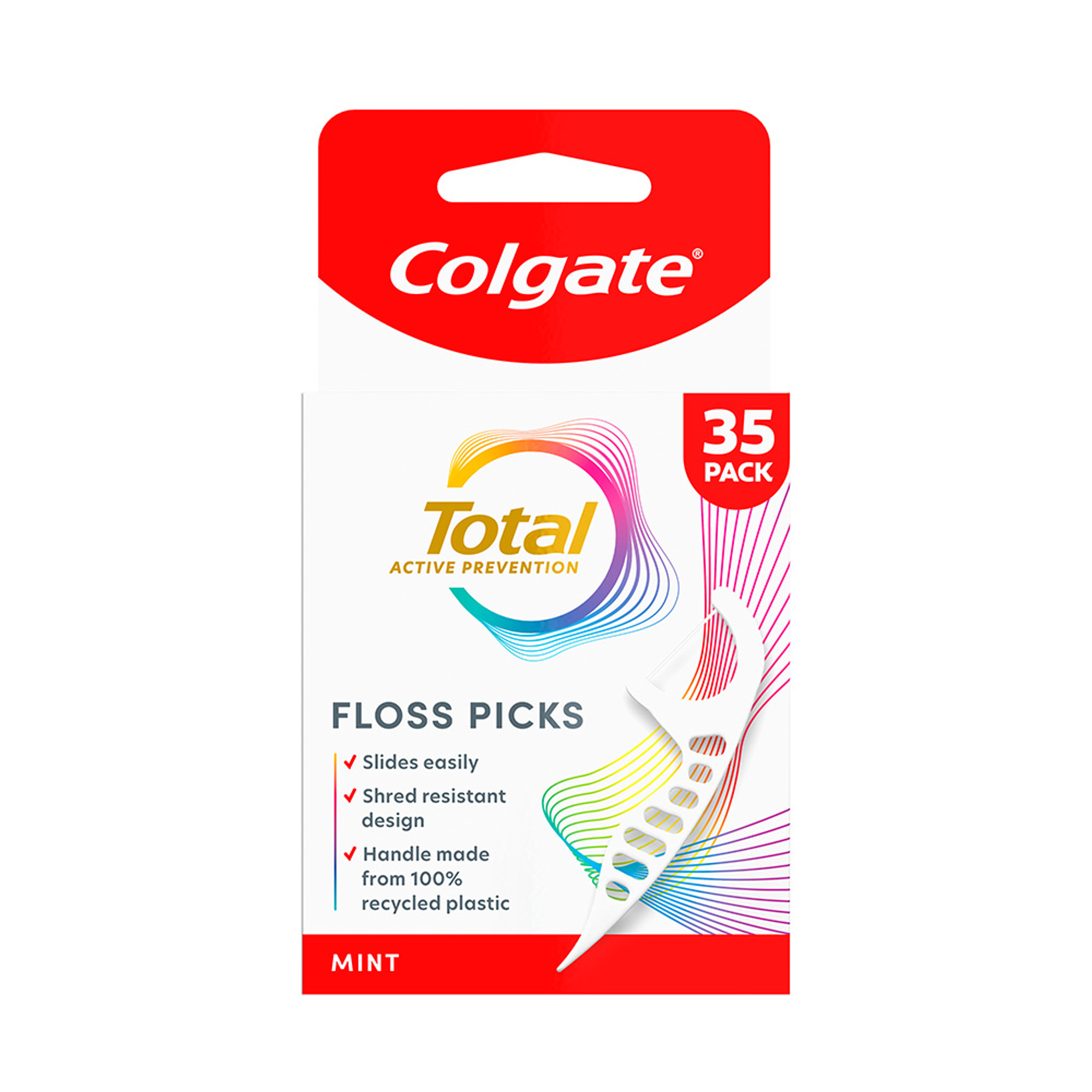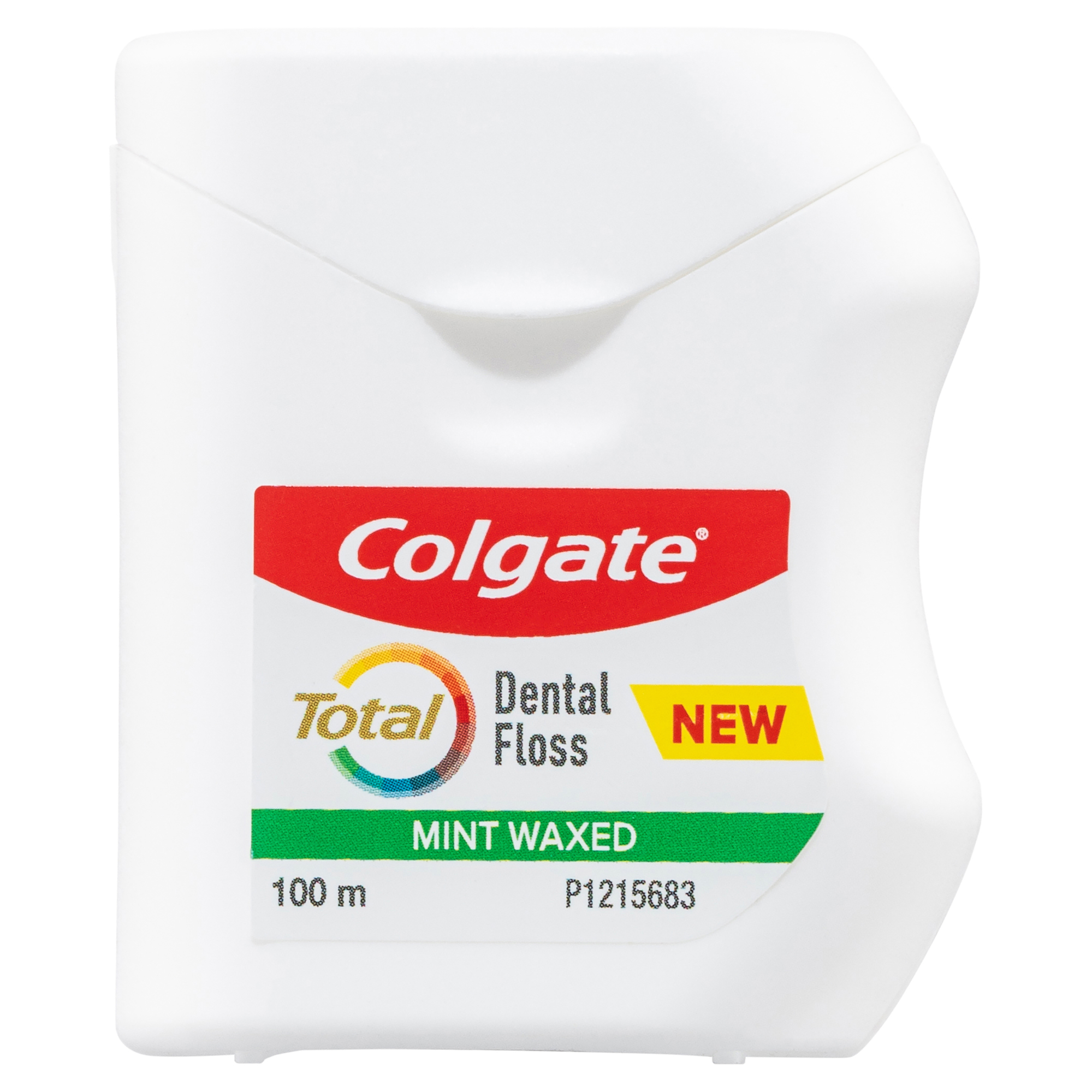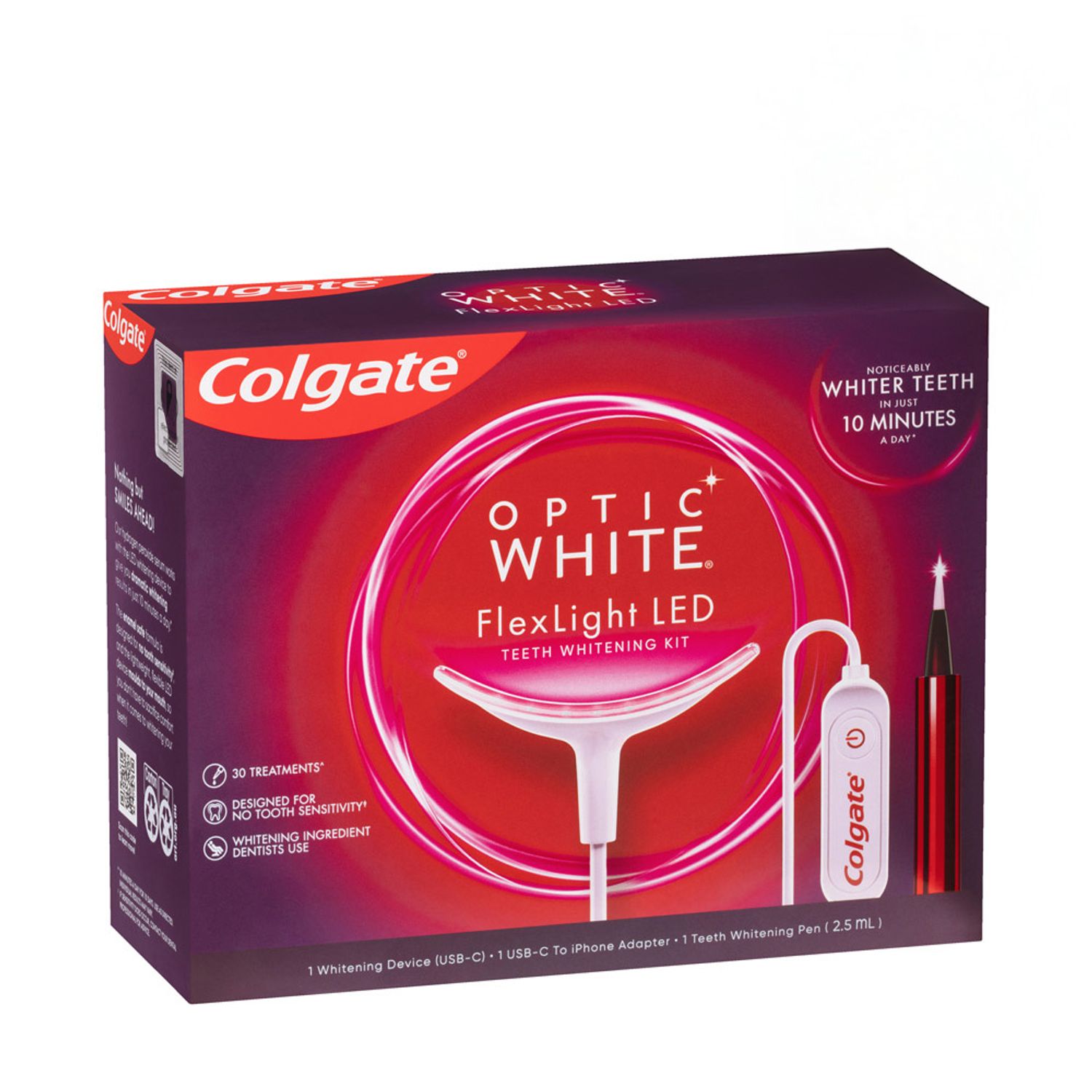-
-

BRUSHING & FLOSSING
How to BrushWhat Is the Right Way to Brush?
Proper brushing takes at least two minutes — that's right, 120 seconds!...

BRUSHING & FLOSSING
How To FlossWhat is the Right Way to Floss?
Proper flossing removes plaque and food particles in places where a toothbrush cannot easily reach... -
Science & Innovation
- Home
- Oral Health
- How to Help Prevent Bleeding Gums


Are your gums bleeding when you brush or floss? According to the Australian Dental Association (ADA) bleeding gums can be a sign that your gums are inflamed because of bacteria that can lead to gum disease. Fortunately, there are some basic steps that you can take to help you to resolve bleeding gums today and reduce the chances of them bleeding in the future.
Brush your teeth twice a day
Bleeding gums can be a sign that you need to improve your home-based brushing routine. Establishing a consistent brushing routine and making sure that you are using the correct brushing technique will go a long way towards preventing bleeding gums.
The ADA recommends brushing your teeth twice a day for two minutes to help to remove food particles and dental plaque that can damage your teeth and gums. They also suggest that you start at the back of your mouth and place the toothbrush bristles at the gum line on a 45° angle. Brush in a gentle small circular motion and make sure that you brush along the inner, outer and chewing surfaces of your teeth.
Floss or use inter-dental brushes every day
Flossing at least once a day (ideally at bedtime) will help you to remove trapped food and plaque from between your teeth. In fact, if you rely on brushing alone, you will miss nearly half of the surface area of your teeth.
Interdental brushes can also be a great option to remove food and plaque between your teeth. Interdental brushes come in a variety of different sizes, so be sure to choose the size that is right for your teeth.
Choose a soft-bristled toothbrush
Choosing the right toothbrush is a great way to deal with and/or prevent bleeding gums. The ADA recommends using a soft-bristled toothbrush with a small head and flexible neck. These toothbrushes are effective as they remove debris and plaque from your teeth without damaging your teeth and gums.
Use a suitable mouthwash
When used after correct brushing and flossing, antibacterial mouthwashes can work to keep gums healthy. A good mouthwash can help to control plaque and get rid of bacteria that may be lingering on your tongue or inner cheeks. They can also help to prevent new plaque from forming on your teeth. You may also want to consider an electric toothbrush as they provide excellent plaque removal when used correctly.
Talk to your dentist
Making regular visits to your dentist is an important part of your oral healthcare. If you are worried about bleeding gums, make an appointment with your dentist today. Finding out the cause of your bleeding gums and making necessary oral care changes will help you improve your oral health and may help you to resolve the issue.
According to the ADA, making regular appointments with your dentist and dental hygienist can help you to reduce your risk of developing serious gum disease. Scheduling a regular professional clean to remove built up tartar (hardened plaque) from hard to reach places near your gum line is also important.
This article is intended to promote understanding of and knowledge about general oral health topics. It is not intended to be a substitute for professional advice, diagnosis or treatment. Always seek the advice of your dentist or other qualified healthcare provider with any questions you may have regarding a medical condition or treatment.
Related Products

Helping dental professionals
More professionals across the world trust Colgate. Find resources, products, and information to give your patients a healthier future











